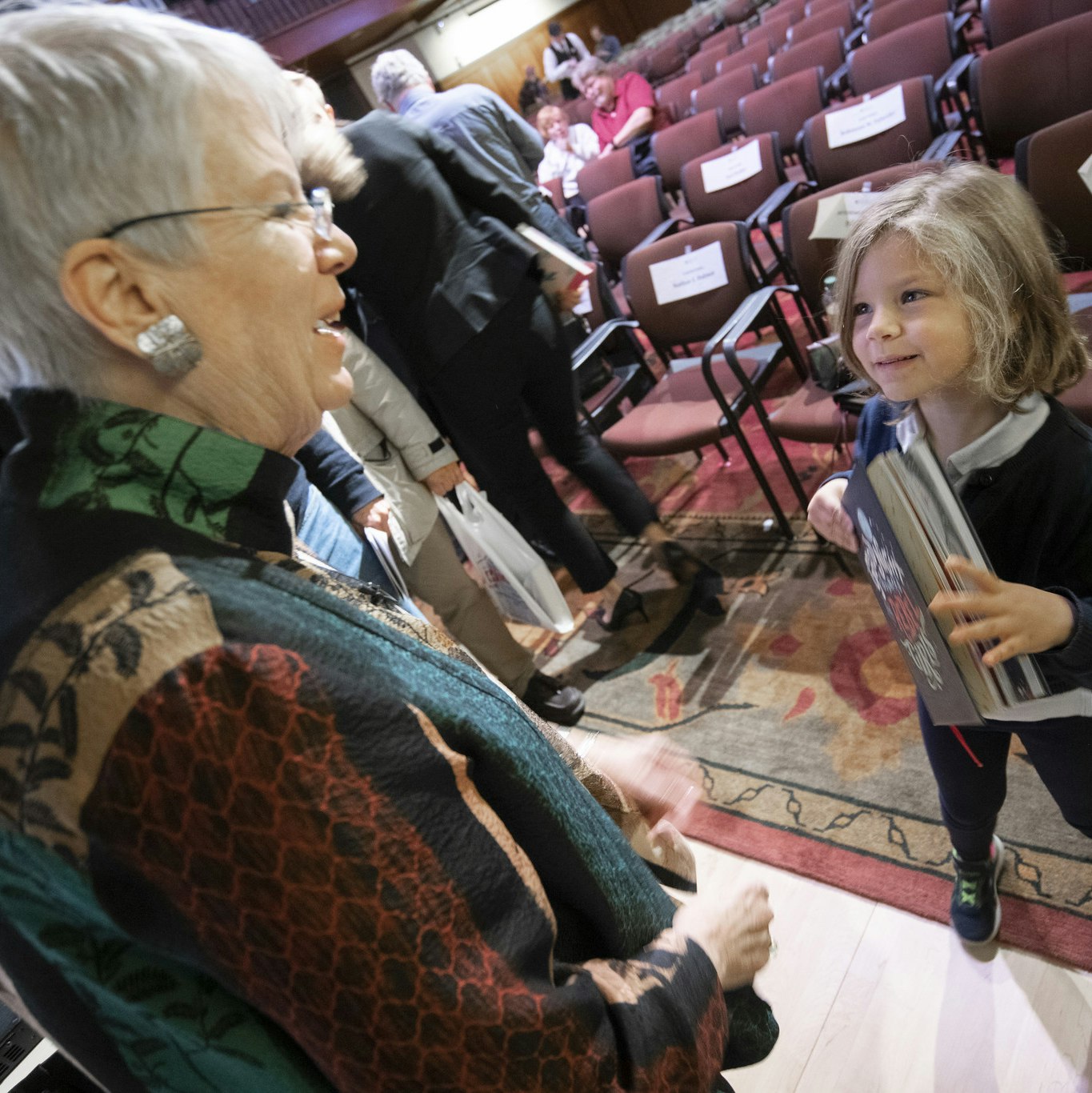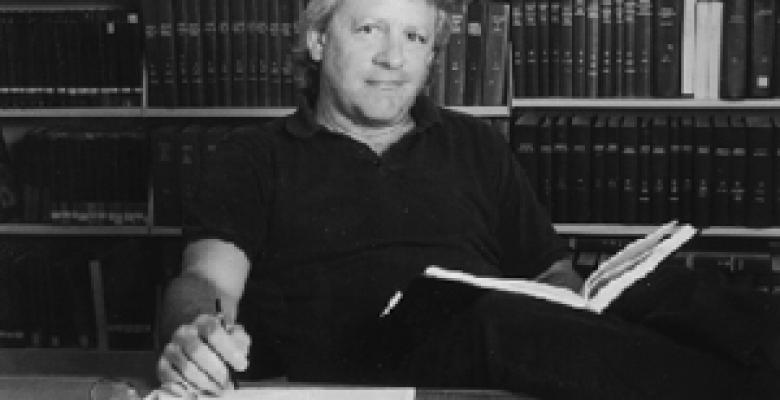I really enjoyed Professor Goodman and Professor Firestein's discussion regarding the importance of uncertainty and “ignorance” in science, as they consistently note that scientific discoveries rarely get at a universal truth and are instead stepping stones in letting us understand more about what we do not truly know. I loved the use of phrases such as thinking “outside of the book” and “the more you learn, the less you know”, as I feel like these appreciations and acknowledgements of the differences between learning about science in a textbook and doing science for yourself get at the heart of many misconceptions and prejudices surrounding the sciences. For example, in the video, the professors had discussed how scientific discoveries are often sensationalized in the news as being groundbreaking facts that were recently uncovered about our world, when in reality, a lot of these findings are only temporary conclusions about what we know so far. This can lead to distrust from the public in the sciences, as this caricature of being all-knowing and infallible, makes it difficult for people to trust scientists when they say that they don’t know. In fact, as Professor Firestein noted, revision in science is a victory and with scientists and the public needing to become comfortable with not knowing. However, many students who learn about or who enter such scientific disciplines are unaware of these important concepts. Therefore, I thought it was very interesting to hear about Professor Firestein’s pedagogical perspective on teaching science at a high-school and undergraduate level, as he argued that science in the classroom focuses more on knowing the answers, while science in the bench focuses on knowing what questions to ask. He noted that because many students are not aware of this distinction until they reach graduate level education, it makes it difficult to expose a wide variety of students to these important nuances in the way that science works. Through his class on “ignorance” at Columbia, Professor Firestein is hoping to open up the conversation regarding what we don’t know about science and making it so that students are more aware of the ways that science can help us uncover more questions and get better at asking them.
One question I would have for Professor Firestein is what he thinks about the use of more hands-on components of classroom learning, such as associated lab sections and project-based curriculums, in supporting students’ understanding of the sciences. I personally feel like my lab experiences have helped me become a better student, as I became exposed to a lot of the concepts that we discussed in class through my research experiences and was able to gain the real-world experience using the tools that were only talked about at a theoretical level in the classroom. Similarly, my lab mentor constantly asks me to question any results we receive from our experiments or errors we may have had along the way in our data analysis, and so I was able to resonate with alot of what was said in the video regarding the importance of asking good questions to be a good scientist, with these skills eventually turning into good scientific habits. However, I have noticed that because of the varied experiences students have with and without research, there also becomes a learning gap in the classroom between those who do have more hands-on experiences in such fields and those who do not. Would associated classroom based learning experiences that emphasize hands-on learning be enough to address these issues, or would Professor Firestein argue that some things must be learned outside of the classroom environment completely and in independent-settings such as a research lab or through on the job experience/training?






